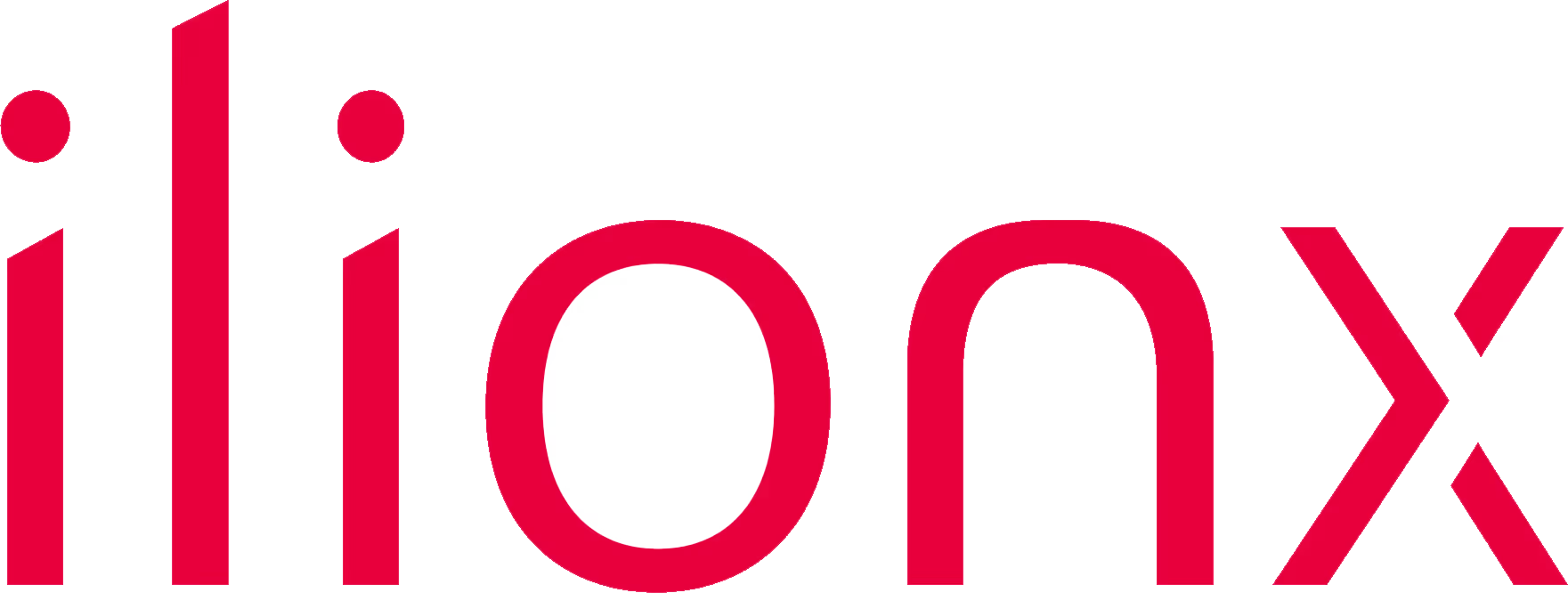Open Signal
Transforming Legacy Infrastructure into Modern, Containerized Apps

Business overview
Open Signal is a Portland‑based, nonprofit media arts center that empowers local creators through studios, production services, and public broadcasting. Passionate about social justice and storytelling, they support diverse voices by providing access to production tools, training - and a platform to share their work with the wider community.
The challenge
Legacy infrastructure and outdated deployment practices were preventing efficient innovation. The team maintained PHP‑based web pages that took around two hours to deploy and required manual intervention - leaning heavily on limited staff time. Their small, non‑technical team also lacked containerization expertise, and budget constraints ruled out expensive cloud migration, leading to scalability and performance bottlenecks across their video-heavy workloads.
Key challenges:
- Aging PHP infrastructure with multi-hour deployments
- Manual, error‑prone deployment and testing pipelines
- Lack of containerization skills among staff
- Tight budget limiting cloud or hardware expansion
- Scaling issues tied to resource‑intensive video applications
The real-world impact of smarter container management.
Deployment speed
The solution
They implemented Portainer to simplify container adoption and streamline operations. Using Portainer’s intuitive GUI and Docker Compose support, the team shifted from clunky manual workflows to efficient deployments: just copy a file, set environment variables, and hit “run.” Integration with their CI/CD pipeline enabled truly automated deployments, while GPU‑aware features allowed them to efficiently handle video workloads. As a result, deployment times dropped from two hours to mere minutes, and resource utilization improved without costly hardware investment.
The solution not only elevated productivity - it unlocked a 240× improvement in deployment speed and set the stage for future growth and innovation.
“The best part was how smoothly it all came together. Once we had everything configured in Docker using a simple Docker Compose setup, it was just a matter of copying the file, adding the environment variables, hitting run - and Portainer just worked. That kind of seamless experience is rare, especially when you’re used to dealing with the quirks of legacy systems.”
“The fact that it detects whether the environment has a GPU and then you can actually configure usage of the GPU within Portainer, that’s amazing.”
"We’ve been able to tie them into our CI/CD because Portainer was able to surface what we needed to make the continuous deployment work.”
"Within a week of having Portainer, we’ve been able to take deployment workflows from 2 hours to fully deploy, to 5 minutes."











.avif)

.avif)

.avif)


